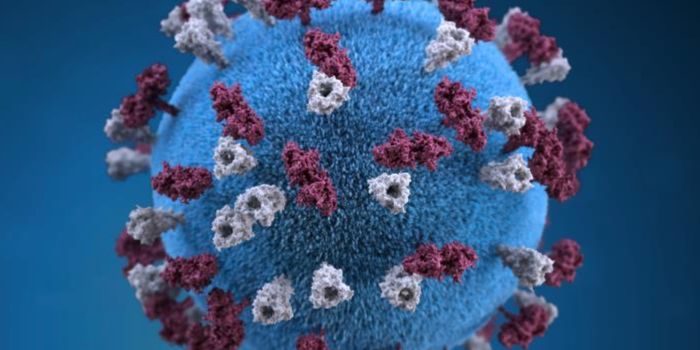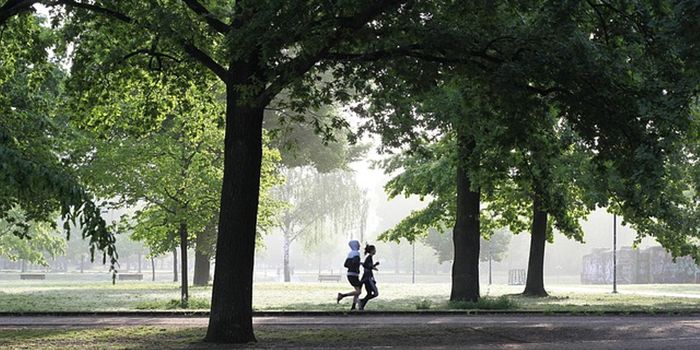Children Are Having Fewer Asthma Attacks
Asthma can be life-threatening if an attack comes on suddenly and rescue medications do not work. Dealing with asthma in children is even more challenging since children cannot always tell if an attack is about to happen.
Younger children do not always have immediate access to their rescue medication, and this is a factor in managing their care. The CDC tracked cases of asthma and reported recently that the number children in the United States that have had asthma attacks is declining.
The numbers are significant. In 2001 the number of children who had an asthma attack in the past year was 62%. At the end of 2016, that percentage dropped to 54%. While it's a positive step that children are not having as many attacks, the CDC's acting director Dr. Anne Schuchat, said it a news briefing that "not all the news is good." Nationwide about 6 million children have asthma. There is no cure, but the disease can be managed by staying away from environments with triggers like dust, pollen or tobacco smoke and always having a rescue inhaler handy. Another finding from the study was that close to half of all children with asthma do not take their medication as directed. The disease is more common among low-income families and access to drugs as well as financial and insurance concerns could be a factor.
She went on to explain, "Today's report reveals that, in 2016, one in six children with asthma still ended up in the emergency department or urgent care. Severe asthma attacks can be terrifying for children and for their families." The numbers for the prevalence of asthma showed a decline as well, between 2010 and 2016, but that decline came after steady increases in the years from 2001 to 2010. The numbers were broken out according to race and economic status as well as gender, and across the board, the decline in attacks showed up in both boys and girls and across all other categories.
With this flu season being especially brutal, the risk for patients, especially children, who have asthma is even higher. Dr. Schuchat stated, "We are all focused on flu right now. But I want to remind you that flu can be very hard on people with asthma. In fact, of the children who have been hospitalized for influenza so far this season, asthma has been the most common medical condition we've seen."
Hospitalizations from asthma dropped as well, going from about 10% in 2003 to 5% by 2013. During that time, absences from school due to asthma also fell. Schuchat stressed that educating children on how to stay healthy, how to tell if an attack is imminent and making sure children know to go to an adult if they are not feeling well, are all part of managing the disease in young patients. She advised that "There is no single strategy or magic bullet that prevents asthma attacks, but recent evidence shows that a combination of actions can be highly effective."









